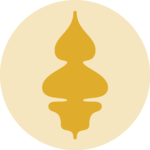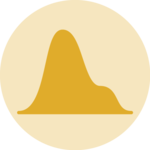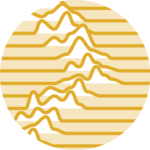Packages
For this post, we need to install and load the beeswarm package.
We can install it from CRAN using
install.packages("beeswarm"). Then, we can load it:
Dataset
Since beeswarm plots are made to
visualize individual data points, we need a dataset
that contains numerical values. Here, we’ll use the iris
dataset, which is a built-in dataset in R.
We can easily load it:
Change dots color
The package comes with a beeswarm() function, and thanks
to its col argument, we can change the color of the dots.
Here, we’ll use the blue color.

Change dots symbol
The pch argument allows to change the symbol of the
dots. Here, we’ll use the 16 symbol since it’s the same as
before but filled.

Change dots size
The cex argument allows to change the size of the dots.
Here, we’ll use a 2.5 size (default is 1).

Change dots position
The method argument allows to change the
position of the dots. Here are the available
options:
swarm(default): the dots are placed randomly, but they don’t overlap.center: the dots are symetrically placed around the center of the plot.hex: the dots are placed on a hexagonal grid.square: the dots are placed on a square grid.
In our case, we’ll use the center method:

Going further
This post explains how to customize the dots in a beeswarm plot.
You might also be interested in how to flip a beeswarm plot or how to create a grouped beeswarm plot.
❤️ 10 best R tricks ❤️
👋 After crafting hundreds of R charts over 12 years, I've distilled my top 10 tips and tricks. Receive them via email! One insight per day for the next 10 days! 🔥




